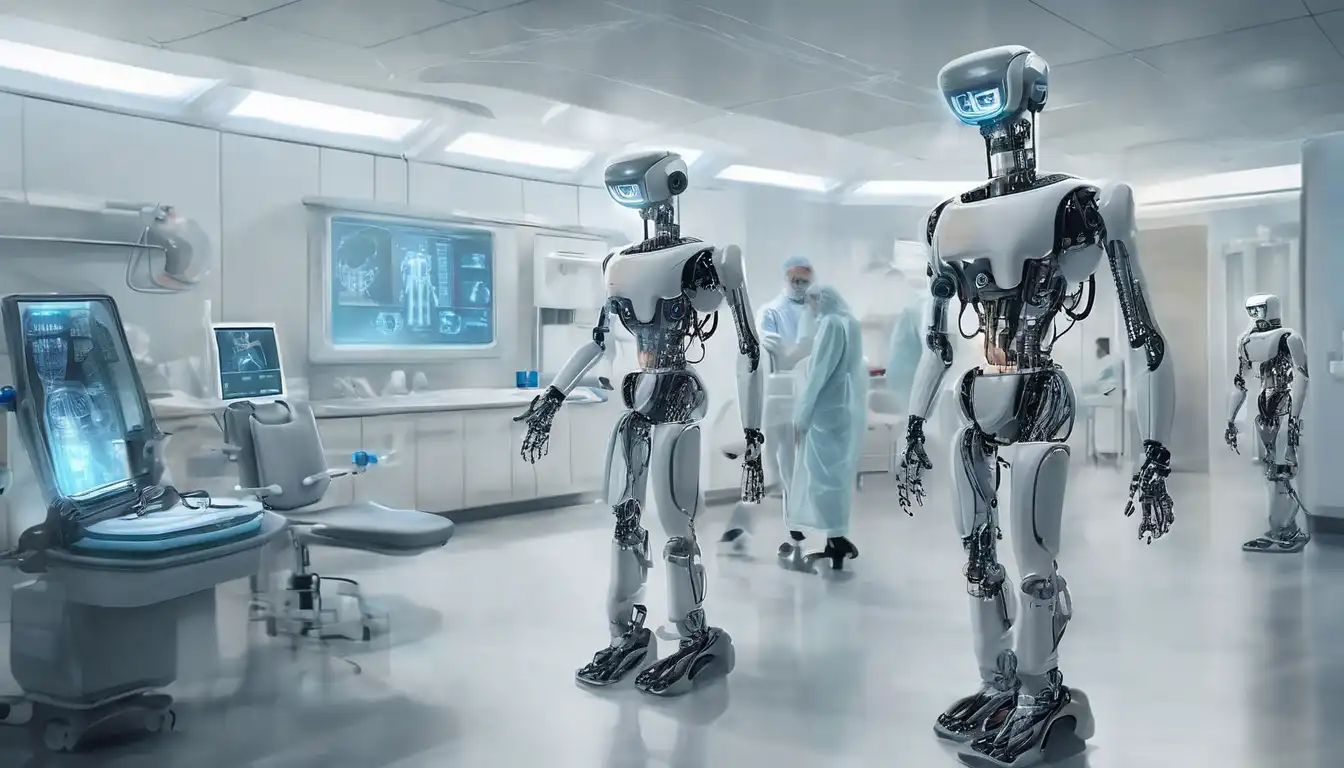The Next Era of Robotics in Healthcare
The integration of robotics into healthcare is transforming patient care, surgical procedures, and rehabilitation processes. This technological advancement is not just a glimpse into the future; it's a present reality that's reshaping the healthcare industry. From robotic surgery to automated patient monitoring systems, the potential for robotics in healthcare is boundless.
Robotic Surgery: Precision and Efficiency
One of the most significant contributions of robotics in healthcare is in the field of surgery. Robotic surgical systems, such as the da Vinci Surgical System, allow surgeons to perform complex procedures with more precision, flexibility, and control than traditional techniques. These systems reduce patient recovery time, minimize surgical risks, and improve outcomes.
Automated Patient Monitoring
Robotics technology has also paved the way for automated patient monitoring systems. These systems can track patient vitals around the clock, alerting healthcare providers to any changes that may require immediate attention. This not only enhances patient safety but also reduces the workload on medical staff.
Rehabilitation Robotics
Rehabilitation robotics is another area where technology is making a significant impact. Devices such as robotic exoskeletons are helping patients regain mobility after strokes or spinal cord injuries. These innovations are offering hope and improved quality of life for many individuals.
The Role of AI in Healthcare Robotics
Artificial intelligence (AI) plays a crucial role in the advancement of healthcare robotics. AI algorithms enable robots to learn from data, make decisions, and perform tasks with minimal human intervention. This synergy between AI and robotics is accelerating the development of smart healthcare solutions.
Challenges and Ethical Considerations
Despite the promising benefits, the integration of robotics in healthcare comes with its set of challenges. Issues such as high costs, the need for specialized training, and ethical considerations around patient privacy and autonomy must be addressed. However, with continuous advancements and regulatory frameworks, these challenges can be overcome.
Looking Ahead
The future of robotics in healthcare is bright, with ongoing research and development promising even more innovative solutions. As technology evolves, we can expect robotics to play an even more integral role in healthcare, improving patient outcomes and operational efficiency.
For more insights into how technology is transforming healthcare, explore our articles on AI in Healthcare and Digital Health Innovations.
